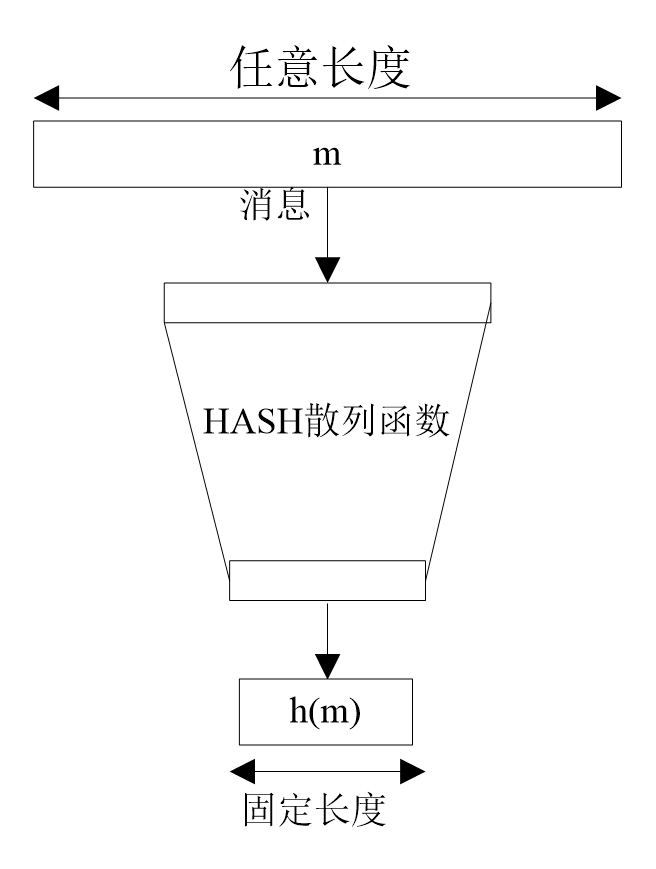1
2
3
4
5
6
7
8
9
10
11
12
13
14
15
16
17
18
19
20
21
22
23
24
25
26
27
28
29
30
31
32
33
34
35
36
37
38
39
40
41
42
43
44
45
46
47
48
49
50
51
52
53
54
55
56
57
58
59
60
61
62
63
64
65
66
67
68
69
70
71
72
73
74
75
76
77
78
79
80
81
82
83
84
85
86
87
88
89
90
91
92
93
94
95
96
97
98
99
100
101
102
103
104
105
106
107
108
109
110
111
112
113
114
115
116
117
118
119
120
121
122
123
124
125
126
127
128
129
130
131
132
133
134
135
136
137
138
139
140
141
142
143
144
145
146
147
148
149
150
151
152
153
154
155
156
157
158
159
160
161
162
163
164
165
166
167
168
169
170
|
import hashlib
import math
from typing import Any, Dict, List
from Crypto.Util.number import *
from pwn import *
rotate_amounts = [7, 12, 17, 22, 7, 12, 17, 22, 7, 12, 17, 22, 7, 12, 17, 22,
5, 9, 14, 20, 5, 9, 14, 20, 5, 9, 14, 20, 5, 9, 14, 20,
4, 11, 16, 23, 4, 11, 16, 23, 4, 11, 16, 23, 4, 11, 16, 23,
6, 10, 15, 21, 6, 10, 15, 21, 6, 10, 15, 21, 6, 10, 15, 21]
constants = [int(abs(math.sin(i + 1)) * 2 ** 32) & 0xFFFFFFFF for i in range(64)]
functions = 16 * [lambda b, c, d: (b & c) | (~b & d)] + \
16 * [lambda b, c, d: (d & b) | (~d & c)] + \
16 * [lambda b, c, d: b ^ c ^ d] + \
16 * [lambda b, c, d: c ^ (b | ~d)]
index_functions = 16 * [lambda i: i] + \
16 * [lambda i: (5 * i + 1) % 16] + \
16 * [lambda i: (3 * i + 5) % 16] + \
16 * [lambda i: (7 * i) % 16]
def get_init_values(A: int = 0x67452301, B: int = 0xefcdab89, C: int = 0x98badcfe, D: int = 0x10325476) -> List[int]:
return [A, B, C, D]
def left_rotate(x, amount):
x &= 0xFFFFFFFF
return ((x << amount) | (x >> (32 - amount))) & 0xFFFFFFFF
def padding_message(msg: bytes) -> bytes:
"""
在MD5算法中,首先需要对输入信息进行填充,使其位长对512求余的结果等于448,并且填充必须进行,即使其位长对512求余的结果等于448。
因此,信息的位长(Bits Length)将被扩展至N*512+448,N为一个非负整数,N可以是零。
填充的方法如下:
1) 在信息的后面填充一个1和无数个0,直到满足上面的条件时才停止用0对信息的填充。
2) 在这个结果后面附加一个以64位二进制表示的填充前信息长度(单位为Bit),如果二进制表示的填充前信息长度超过64位,则取低64位。
经过这两步的处理,信息的位长=N*512+448+64=(N+1)*512,即长度恰好是512的整数倍。这样做的原因是为满足后面处理中对信息长度的要求。
"""
orig_len_in_bits = (8 * len(msg)) & 0xffffffffffffffff
msg += bytes([0x80])
while len(msg) % 64 != 56:
msg += bytes([0x00])
msg += orig_len_in_bits.to_bytes(8, byteorder = 'little')
return msg
def md5(message: bytes, A: int = 0x67452301, B: int = 0xefcdab89, C: int = 0x98badcfe, D: int = 0x10325476) -> int:
message = padding_message(message)
hash_pieces = get_init_values(A, B, C, D)[:]
for chunk_ofst in range(0, len(message), 64):
a, b, c, d = hash_pieces
chunk = message[chunk_ofst:chunk_ofst + 64]
for i in range(64):
f = functions[i](b, c, d)
g = index_functions[i](i)
to_rotate = a + f + constants[i] + int.from_bytes(chunk[4 * g:4 * g + 4], byteorder = 'little')
new_b = (b + left_rotate(to_rotate, rotate_amounts[i])) & 0xFFFFFFFF
a, b, c, d = d, new_b, b, c
for i, val in enumerate([a, b, c, d]):
hash_pieces[i] += val
hash_pieces[i] &= 0xFFFFFFFF
return sum(x << (32 * i) for i, x in enumerate(hash_pieces))
def md5_to_hex(digest: int) -> str:
raw = digest.to_bytes(16, byteorder = 'little')
return '{:032x}'.format(int.from_bytes(raw, byteorder = 'big'))
def get_md5(message: bytes, A: int = 0x67452301, B: int = 0xefcdab89, C: int = 0x98badcfe, D: int = 0x10325476) -> str:
return md5_to_hex(md5(message, A, B, C, D))
def md5_attack(message: bytes, A: int = 0x67452301, B: int = 0xefcdab89, C: int = 0x98badcfe,
D: int = 0x10325476) -> int:
hash_pieces = get_init_values(A, B, C, D)[:]
for chunk_ofst in range(0, len(message), 64):
a, b, c, d = hash_pieces
chunk = message[chunk_ofst:chunk_ofst + 64]
for i in range(64):
f = functions[i](b, c, d)
g = index_functions[i](i)
to_rotate = a + f + constants[i] + int.from_bytes(chunk[4 * g:4 * g + 4], byteorder = 'little')
new_b = (b + left_rotate(to_rotate, rotate_amounts[i])) & 0xFFFFFFFF
a, b, c, d = d, new_b, b, c
for i, val in enumerate([a, b, c, d]):
hash_pieces[i] += val
hash_pieces[i] &= 0xFFFFFFFF
return sum(x << (32 * i) for i, x in enumerate(hash_pieces))
def get_init_values_from_hash_str(real_hash: str) -> List[int]:
"""
Args:
real_hash: 真实的hash结算结果
Returns: 哈希初始化值[A, B, C, D]
"""
str_list: List[str] = [real_hash[i * 8:(i + 1) * 8] for i in range(4)]
return [int.from_bytes(int('0x' + s, 16).to_bytes(4, byteorder = 'little'), byteorder = 'big') for s in str_list]
def get_md5_attack_materials(origin_msg: bytes, key_len: int, real_hash: str, append_data: bytes) -> Dict[str, Any]:
"""
Args:
origin_msg: 原始的消息字节流
key_len: 原始密钥(盐)的长度
real_hash: 计算出的真实的hash值
append_data: 需要添加的攻击数据
Returns: 发起攻击需要的物料信息
{
'attack_fake_msg': bytes([...]),
'attack_hash_value': str(a1b2c3d4...)
}
"""
init_values = get_init_values_from_hash_str(real_hash)
fake_key: bytes = bytes([0xff for _ in range(key_len)])
finally_padded_attack_data = padding_message(padding_message(fake_key + origin_msg) + append_data)
attack_hash_value = md5_to_hex(md5_attack(finally_padded_attack_data[len(padding_message(fake_key + origin_msg)):],
A = init_values[0],
B = init_values[1],
C = init_values[2],
D = init_values[3]))
fake_padding_data = padding_message(fake_key + origin_msg)[len(fake_key + origin_msg):]
attack_fake_msg = origin_msg + fake_padding_data + append_data
return {'attack_fake_msg': attack_fake_msg, 'attack_hash_value': attack_hash_value}
if __name__ == '__main__':
sh = remote(...)
for Rounds in range(100):
print(Rounds)
sh.recvuntil(b"Round")
sh.recvuntil(b"msg:")
msg = long_to_bytes(int(sh.recvline().strip().decode(),16))
attack_data: bytes = b"SPARKLE"
sh.recvuntil(b"sign:")
h = sh.recvline().strip().decode()
md5_value = h
attack_materials = get_md5_attack_materials(msg, 32, md5_value, attack_data)
newmsg = attack_materials['attack_fake_msg']
h = attack_materials['attack_hash_value']
sh.sendline(newmsg.hex().encode())
sh.sendline(h.encode())
sh.recvline()
sh.recvline()
print(sh.recvline())
|



